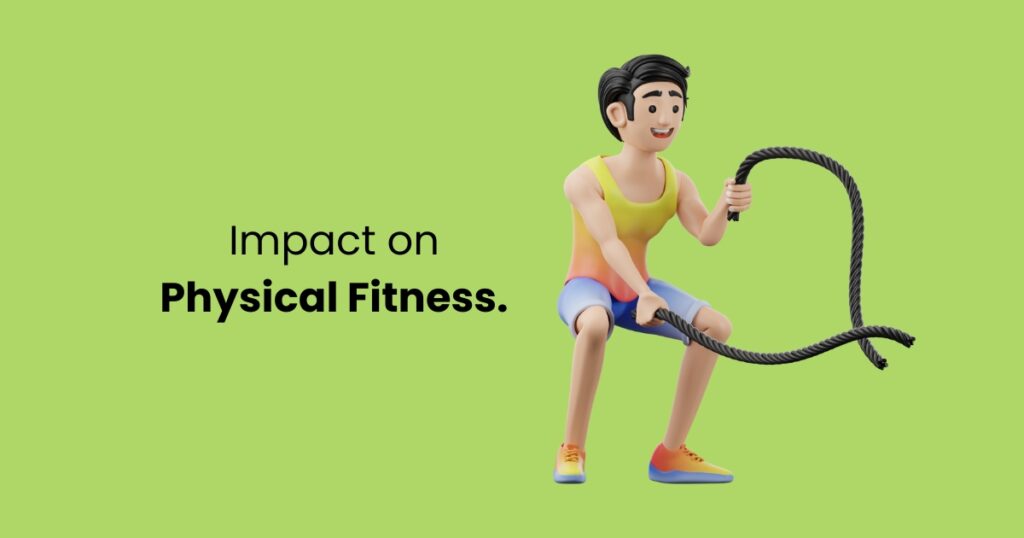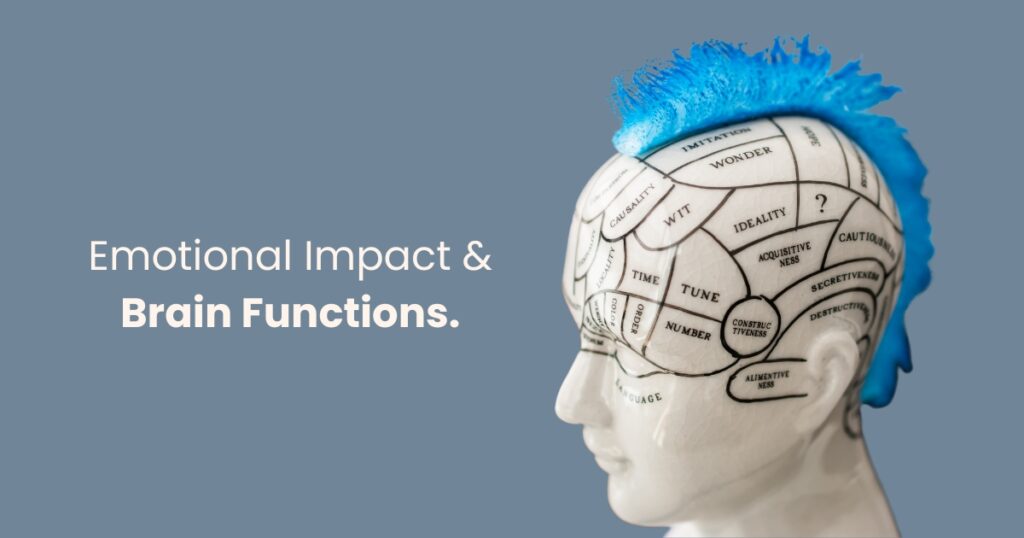In our fast pace world, eating healthier can seem like an impossible task. Thanks to fast food, busy schedules and plenty of processed snacks on the go — it became easier for folks to get meals in with a serious lack of nutrients. Of course our diet is an immense definitive performer of the competitiveness health wise. Understanding the Diet + Wellness Connection If you are looking to upgrade your quality of life, it is important for you to understand how diet affects wellness.
The Foundation of Good Health.
Good health rests on a healthy diet It also delivers essential nutrients to aid in the regular functioning of the human body. These nutrients can be split into macronutrients-carbohydrates, fats and proteins as well as micronutrients such as vitamins and minerals. Carbohydrates are the main energy source in our body, protein is important for growth and repair and fats function to make hormones to digest nutrients. While they may be required in smaller amounts, micronutrients are essential for immune function, bone health and reducing the risk of obesity.
The greater variety of foods you eat, the more likely you are to get all the essential nutrients. Many nutritionists will tell you that Fruits and vegetables contain vitamins, minerals & fibre necessary for good health while Whole grains provide energy the body can utilize effectively. Lean proteins like chicken, fish and legumes rebuild tissue, while healthy fats found in avocados, nuts or olive oil nourish your brain and your cardiovascular system.
Impact on Physical Fitness.
Diet plays a part in fitness. Nutrition can affect your power, stamina, function and also recovery. Having spoken to lots of actual sportsmen and women, a lot more than one mentioned a diet specifically made for perhaps muscle development/weight loss/performance enhancement. For instance, getting enough protein in your diet is important for repairing and rebuilding muscles, particularly after intense workouts. Carbohydrates are critical in refilling glycogen, the basic fuel for physical activity.
One of the other few diet and fitness workouts is HYDRATION. Water helps with regulating body temperature, joint lubrication, and nutrient delivery. Fatigue, muscle cramps and decreased performance are all potential problems of dehydration. As a result, it is important to ensure that we are well hydrated before, during and after exercise so that our body can perform at its best.

Weight Management.
Weight management is a key part of optimum physical fitness and diet plays a huge role in it. Basically, we gain weight when our bodies are eating more energy than they need to burn and we lose body fat leading allowing caloric deficits. However, it can be said that calories in vs. calories out still matter (of course quality of the calories you are eating is nearly as important but I might save that for another day). Although the total intake is controlled, an unhealthy diet high in processed foods, sugary beverages and trans fats can increase weight.
Conversely, a whole food-based diet with high amounts of fruits, vegetables lean proteins and complex carbohydrates can help maintain weight more effectively. Because these foods are often low in calories yet high in nutrients, they will help you feel full and prevent overeating. Moreover, fiber-rich foods such as pulses and whole grains increase fullness which can reduce hunger and facilitate weight loss.
Benefits of Avoiding Chronic Diseases.
A healthy diet is a good way to keep chronic diseases in check. Unhealthy eating can cause obesity, heart disease, type 2 diabetes and certain types of cancer. Eating high saturated fats, trans-fat and also cholesterol are related to increased blood cholesterol levels. On the other hand, fruit-rich and vegetable-rich meal plans–which also include whole grains along with some healthier fats might reduce these dangers by tremendously improving heart health as well as lessening inflammation in our body.
The Mediterranean diet, for example, which focuses on eating fruits and vegetables of all types (and colours), whole grains, lean proteins like fish and legumes/beans/nuts/seeds/pulses or pulses substitutes in addition to healthy fats has been linked with a lower risk for heart disease, stroke, certain cancers. Also, consumption of fibre-rich foods like fruits, vegetables and whole grains can keep type 2 diabetes at bay by controlling our blood sugar.

Emotional Impact & Brain Functions.
Diet has effects not only on physical health but it also influences mental health and cognitive function as well. New research is beginning to explore the notion that a bad diet could be an element of giving you despair and tension. High sugar and processed food diets can impair mood and energy, with consequences for mental health. On the other hand, diets that are high in omega-3 fatty acids as well as antioxidants and include a variety of nutrients found only in whole foods can help your body preserve structure for brain health while supporting a stable mood.
However, more of these fancy fats may mean better results in preventing dementia — omega-3 fatty acids found in salmon leaves even flaxseed and walnut oil eating rats healthier. They are known to be anti-inflammatory and neurotropic, which can have positive on managing depression & anxiety. More importantly, antioxidants in produce keep your brain cells healthy by protecting them from oxidative stress that can cause cognitive decline and neurodegenerative diseases such as Alzheimer’s.
Why Gut Health Matters?
More awareness has been spread about gut health being an important component of overall well-being and physical fitness. The gut is home to trillions of microorganisms that reside in the digestive tract and collectively are known as the gut microbiome, it plays a crucial role in human digestion & immunity is also linked with mental health ( 12 ) If you combine dietary fibre with prebiotics and probiotics, it should lead to ideal gut flora that is associated with overall health. Probiotics, including foods like yoghurt, kefir and sauerkraut provide the gut with healthy bacteria while prebiotics in other food such as garlic, onions and bananas feed these groups.
A healthy gut microbiome promotes effective digestion, enhanced immunity, and reduced risk of chronic diseases. Furthermore, there is compelling proof to suggest that the gut-brain link leads to increased mental well-being and cognitive function, with a healthy gut improving the general mood. Supplements: When it’s Time to Seek Help Every person aims to obtain all vital nutrients from their diet; however, supplements can help fill in any nutrient voids, a need more people require due to certain dietary constraints and individual variations.
For example, clients who follow a strictly vegan diet lack vitamin B12, a nutrient most prevalent in animal products. Folks in cold areas where sunlight is infrequent can also benefit from added vitamin D. Nonetheless, the practice of consuming too many supplements should be followed cautiously; not only can such excesses lead to nutrient imbalances, but people cannot get most of the substitutes’ benefits from whole foods. It is wise to inquire from a medical professional prior to supplementing one’s diet.
Conclusion
In sum essay about diet, we can say that our health level and fitness are connected to what type of food we eat. What we eat provides the necessary nutrients for our bodies to perform everything from energy and athletic ability to emotional stability and disease control Consuming a well-rounded diet filled with whole foods can help people meet these aims, enhance their life quality and decrease the danger of chronic illnesses. Knowing what you put in your body is not just about aesthetics or athletic performance, it’s for the health of long-lasting well-being.

